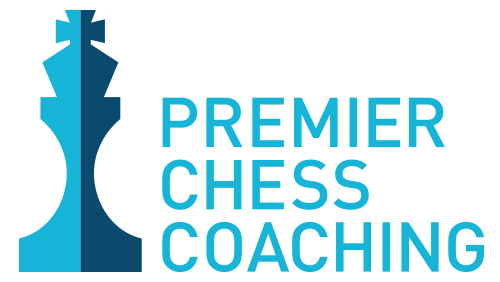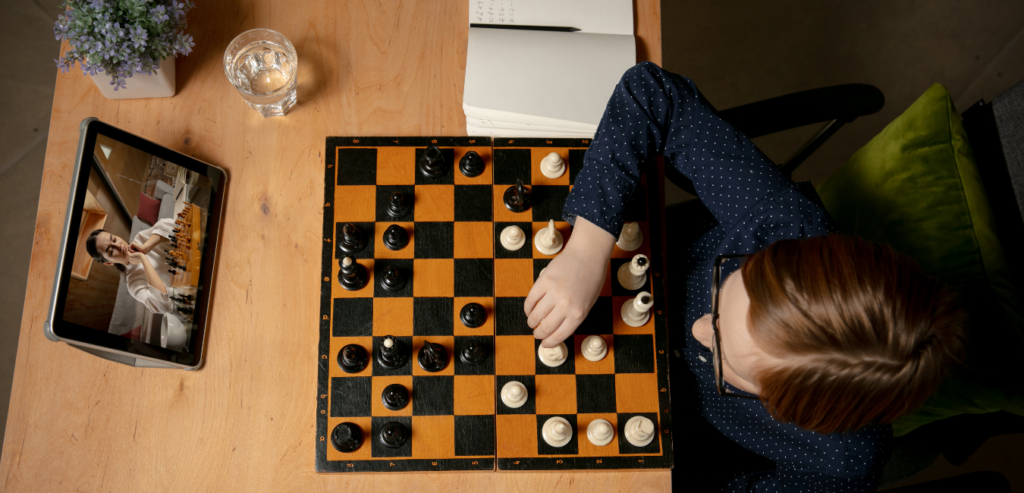Chess is one of those games that particularly benefits the school-aged mind. However chess is often the last thing on a school aged mind! That’s one of a host of challenges that we face when teaching chess in schools. From the other end of the spectrum, convincing faculty of the benefits of chess can be another challenge. Let’s overcome these challenges together.
The benefits of teaching chess in schools are plenty.
Perhaps the biggest reason to add a chess club to the curriculum would be the well-documented academic and social benefits. Reading, one of the most foundational academic skills can see huge improvements when students regularly play chess (https://rknights.org/wp-content/uploads/margulies.pdf). Not only are higher grades a factor, but emotional and psychological growth are a key benefit of chess. Chess can be a great game-based learning tool to help students internalize ‘graceful failure’, i.e. teaching students that failure is a learning opportunity rather than an undesirable outcome (https://files.eric.ed.gov/fulltext/EJ1090277.pdf). As children, we’re hardwired to learn lessons through games, and we can use chess to take advantage of this.
How to present chess to youth
Let’s face it, chess doesn’t quite catch the eye like some other games to the average grade-schooler. But that’s because it’s seen as a silent and complicated game. While it is complicated at heart, the basic rules are simple. And while playing can be silent, it doesn’t have to be. As children we’re almost all highly social creatures, and in order for chess to speak to children, we have to make this part of the game. Making the learning and playing of chess a group activity is key. The goal should always be to have fun. As soon as the fun stops, the improvement stops.
Inviting a chess coach to lead your club
Professional chess coaches are the best way to go when starting a school club. Day in and day out, we practice patience, group learning, and fun. With the right coach leading your school club, chess can become a long term part of your extracurricular learning.
Not only do we know how to engage your students in chess, but we also come prepared with all the bells and whistles to make it happen. Fun equipment, professional chess teaching tools, and prizes are some of what will spark interest with your students. Talk to us about starting a school chess club here, and we would be happy to help you start the journey.


